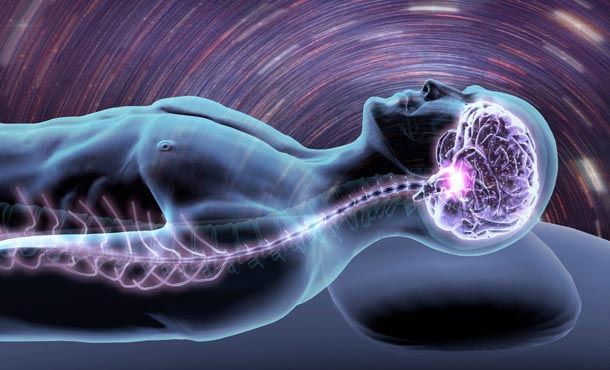Motherhood: A journey of emotional rollercoaster
- Shamsi Mumtahina momo

- Dec 21, 2022
- 2 min read
Motherhood is a special journey with a multitude of experiences.This journey of motherhood changes the emotional state and neural connections of a woman along with physical changes.

Pregnancy and lactation changes the neural connections, altering the regulation of various hormones. In fact, according to a study of the National Library of Medicine, childbirth results in increasing the size of the brain of the mother. Furthermore, according to research at Yale University, an increase of gray matter has been observed in the hypothalamus, amygdala, parietal lobe, and prefrontal cortex. These are the parts of the brain which are responsible for emotion, reasoning, and judgment.
With the birth of a new-born child, the mothers tends to be excited and happy; so their brain increases in size during this period. In Fact, in the first few months of the postpartum period, the brain size increases significantly. The small moments such as the baby's first smile, holding his little finger for the first time results in release of dopamine.
These moments also activate different regions of the brain that are involved in emotional stimulation. The growth in striatum, prefrontal cortex makes the mothers feel good when they see their baby happy. The prefrontal cortex also stimulates decision making of the mother. The activation of amygdala is the reason for her emotional responses when the baby cries. It is very fascinating how a mother understands her baby’s needs with only the cries and laughs. Well, the temporal and parietal region, orbitofrontal cortex, middle cingulate cortex stimulates to help a mother interact.
Hence, these increases in activations leads a mother to be more sensitive about her new-born’s well-being. Thus it is assumed by the scientists that if any of these regions were impaired for any reason, it may cause the deterioration of the mother’s mental health.
Reference:




Comments